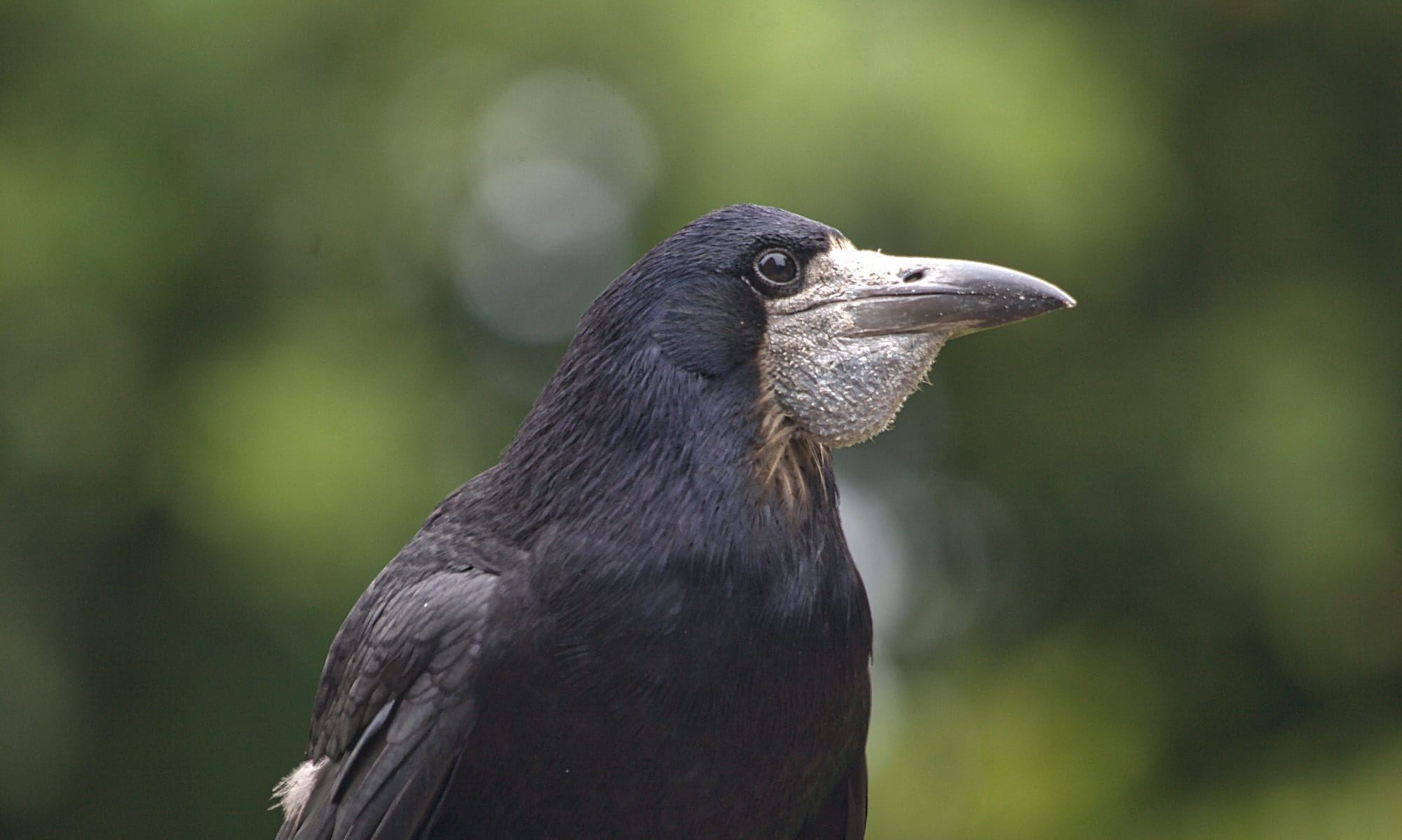Spring is approaching, and this means that this year’s nesting season is about to start too. At this time of the year birds start building their nests, flitting to and from their nesting sites in search of nesting materials. Nesting behaviour and success are affected by weather and climate. And so it is no surprise that climate change is also having an impact on our native birds, leading to an even earlier start of the breeding season, which is causing the ecosystem to become unbalanced. Due to these changes, hatchlings and nestlings are potentially at risk of starvation, if their food sources, like for example insects or sand eel, are not emerging at the right time or near the place of nesting.

How We Can Help Our Native Wild Birds
We can all do our part at home to help to solve the climate change crisis. The easiest and most efficient step is to go vegan, which will eliminate the biggest contributors to pollution and greenhouse gas emissions. Other measures, which are also easy to implement, are food waste reduction, composting, washing with cold water, air drying of laundry and the avoidance of single-use plastics and packaging. Switching the power supplier with a renewable and carbon free supplier, the optimisation of house insulation and the use of energy efficient light sources are only a few examples of things we can all do to tackle climate change.
Native bird species need our help because they are losing their habitats, which are being destroyed due to destruction and redevelopment. Putting adequate bird houses up is another important part of support we can all do. This is something which ideally should already be done in February, as at this time of the year many garden bird species are already checking out potential nesting sites. For the same reason early March is also the time to stop trimming hedges, bushes and trees.
It is also extremely important to keep dogs on a lead during nesting season, in particular to protect ground-nesting birds. Even if there is no legal requirement, it is important to protect birds by keeping dogs away from nests and by keeping an eye out for young birds. Similarly, domestic or pet cats should not be allowed to roam freely and unsupervised. This is to protect wildlife, and also to protect the beloved pet him- or herself from being killed or injured by cars or their own kind.
The Legal Side of Things
And just as a reminder. It is an offence under Section 1 of the Wildlife and Countryside Act of 1981 and the Wildlife and Natural Environment (Scotland) Act 2011 to intentionally take, damage or destroy the nest of any wild bird while it is in use or being built, or to intentionally kill, injure or take chicks or adults, or intentionally take or destroy any eggs.

First Aid for Birds – How to Help in Wildlife Emergencies
Despite all precautions and good will, wildlife emergencies and accidents are likely to happen. Therefore it seems a good idea to be at the very least prepared. This ‘First Aid for Birds’ blog post provides a compilation of dedicated articles, which may come in handy, when being confronted with such an emergency situation. The provided links will give access to valuable advice about first aid measures in avian emergency situations, which are applicable to all bird species. They will also link to resources with useful information about who to rescue and who not to, about how to safely rescue a poorly bird and what to do in special emergency scenarios, such as when dealing with injuries caused by impact trauma or by an unsupervised cat.

In any case, if in doubt, and the bird is not in immediate danger, then please stay with the bird and contact your local wildlife rescue to get expert advice. It is important to remember that the natural parents are always the best parents. Even the best wildlife rescue with the most experienced rehabbers will not be able to match the knowledge and expertise of natural bird parents.
First Aid For Birds – Resources
Not all bird rescues and rehabbers are able to provide care, treatment and rehabilitation facilities for all native bird species including corvids, and might not be able to provide long term care facilities required in some cases. Prior to the hand over of any rescue animal, it is recommended to check the relevant policies of the rescue or veterinary surgeon concerned, which includes respective euthanasia policies.
First Aid For Birds – First Aid Measures
First Aid For Birds – Who To Help And Who To Leave Alone
First Aid For Birds – How to Know If A Bird Is Sick
First Aid For Birds – How To Catch A Poorly Bird
First Aid For Birds – Impact Trauma
First Aid For Birds – Cat Caught Birds
First Aid For Birds – How To Help A Grounded Corvid Fledgling

Links to Rescues and Rehabbers
Poorly or injured animals are usually best cared for by experienced, specialised and suitably equipped rescues or rehabbers. Time is always of an essence! Please check out the links below, which will take you to third party databases of rescues and rehabbers in the UK. The provision of these links is for your convenience only and does not imply any endorsement of, or responsibility for, these organisations or the facilities or services they provide.


